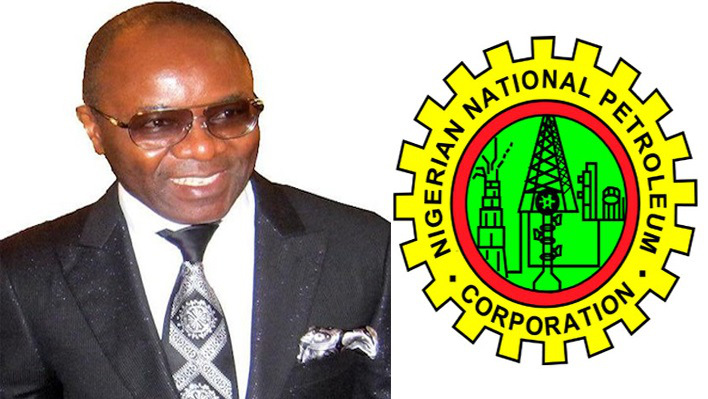The Petroleum Technology Development Fund, PTDF, said has modified its overseas scholarship scheme and that it has suspended the conduct of aptitude tests for applicants in the programme. It also said that it has entered into partnership with top universities in France, Germany, China and the United Kingdom to help successful applicants in its scholarship scheme secure admissions to universities in those countries.
PTDF, Manager, Education and Training Mrs. Rabi’ah Waziri-Adamu said this in Abuja at the interview for shortlisted candidates for the award of PTDF 2018/2019 overseas scholarship for Masters of Science and Doctors of Philosophy programme under the Fund’s strategic partnership with Germany, France and China. She allayed fears over lack of transparency in the new system, stating that the interviews would be conducted by a panel of experts, comprising lecturers from Nigerian universities and experts from the energy industry.
According to her, the PTDF selection process had always been rigorous as evident by the exceptional scholars that it had trained over the years. She said, “The process has always been excellent, transparent, and has produced excellent scholars. However, this year, we have decided to make a few changes. In the past, we used to administer aptitude test to our MSC candidates and then oral interview for our PhD candidates.
“However, this year, we have decided to interview all the candidates. Why have we done that? For the MSc candidates, we have asked them to write a statement of purpose as to why they wish to study the subject area that they have chosen, in addition, of course, to their credentials. We have to done that to ensure that we select the most outstanding students amongst our students. We are looking for that ‘X-Factor’ in the candidates; what makes them different; what is it they are contributing to the country; how is it going to affect the oil and gas industry in Nigeria and globally. That is why we have changed the system to interview both our MSc students and the PhD students.”
Waziri-Adamu also explained that with the recent partnership secured, the PTDF was already in partnership with top universities in these countries and had already agreed with the schools that once the selection process is concluded, the credentials and other documents of these students would be forwarded to them for admission. However, she noted that this was not the first time that the PTDF would be conducting interviews for applicants, noting that over the years, PhD applicants had undergone interviews.
“Our PhD students have always undergone interviews and the selection has been transparent. The panelist can attest to that fact, because PTDF staff do not select and assess these candidates; we invite a panel of experts and each experts have a record of how they have graded the candidates and the final successful candidates that we select attest to the fact that the process is transparent and we have taken merit into consideration and then reflecting Federal Character,” she explained.
Also speaking, one of the panelists, Dr. Abdulkadir Mukhtar, who is the Head, Department of Chemical Engineering, Federal University of Technology, Minna, FUTMinna, declared that the process would be transparent as the panelists would be looking out for quality and outstanding students that would be representing the country either in France, Germany or China.
He said, “There is a template, more like a marking scheme that looks at the overall proposal that they submitted. During the application procedure, there were asked to submit a five page document detailing the aims and objectives, literature review, methodology, expected results and references. Based on what they were told from the onset, we would be assessing them. “For the Msc, we are looking at the ‘Statement of Purpose;’ stating why they want to do the masters programme. Masters is statement of purpose, PhD is proposal.”

